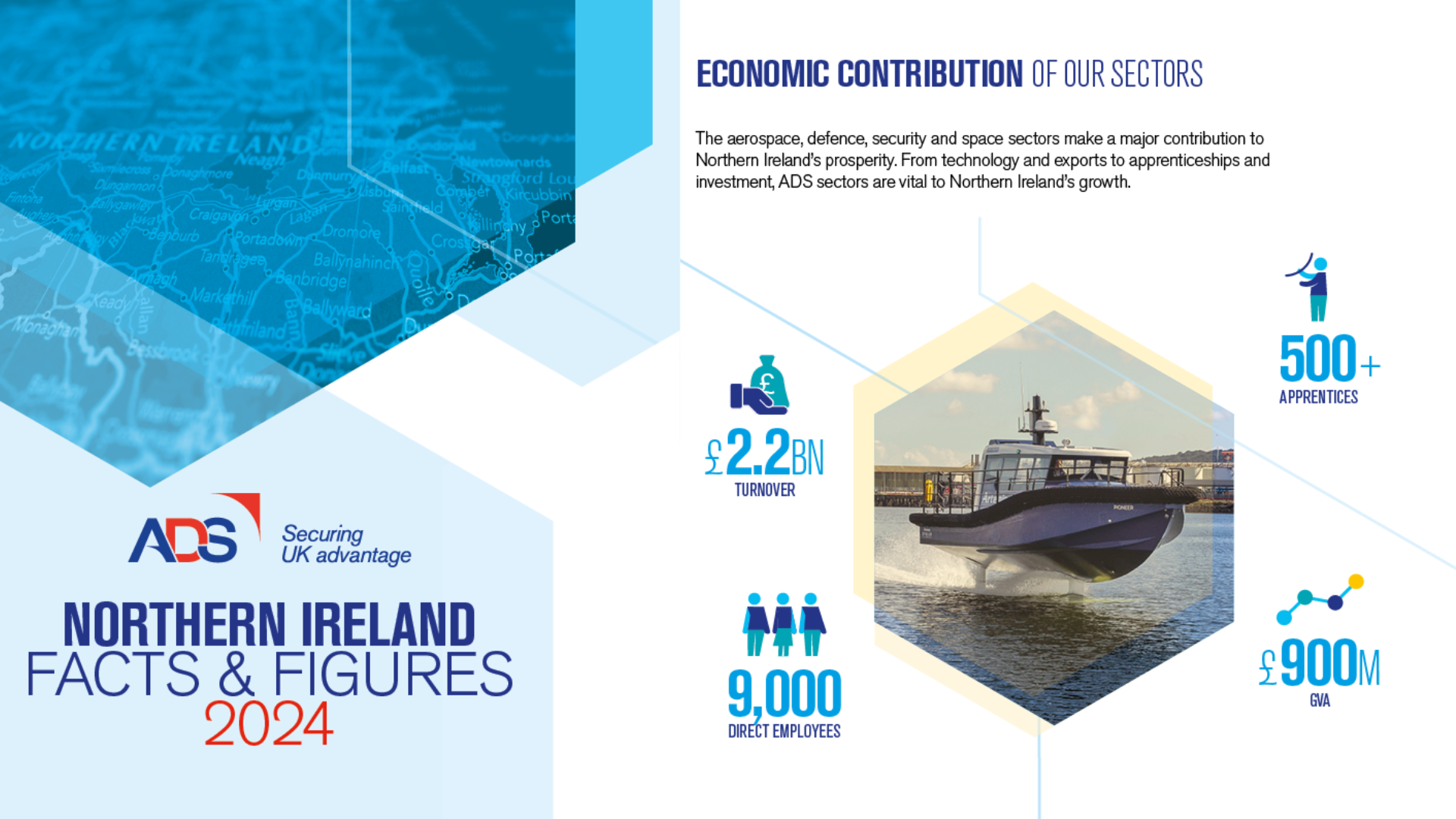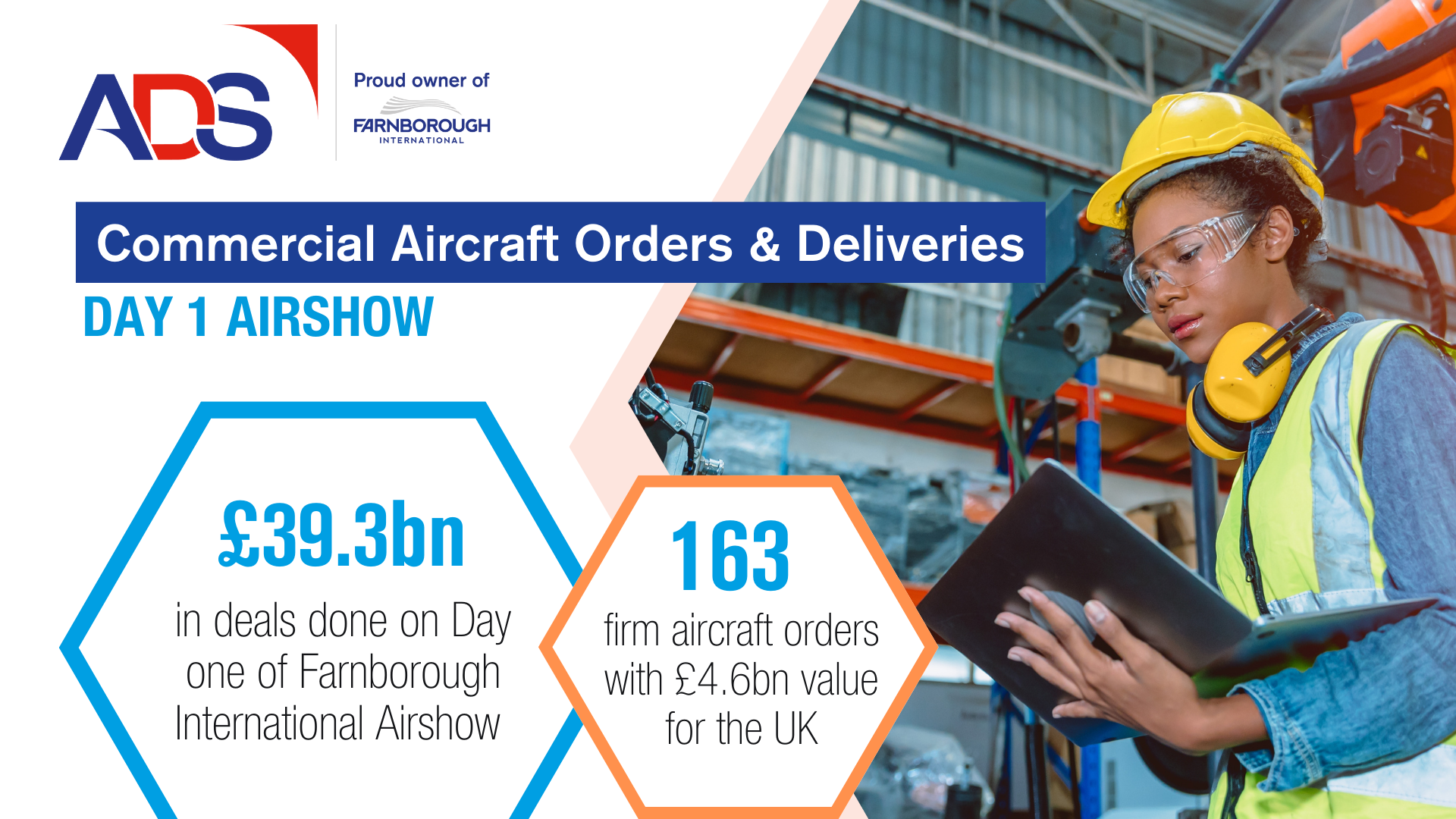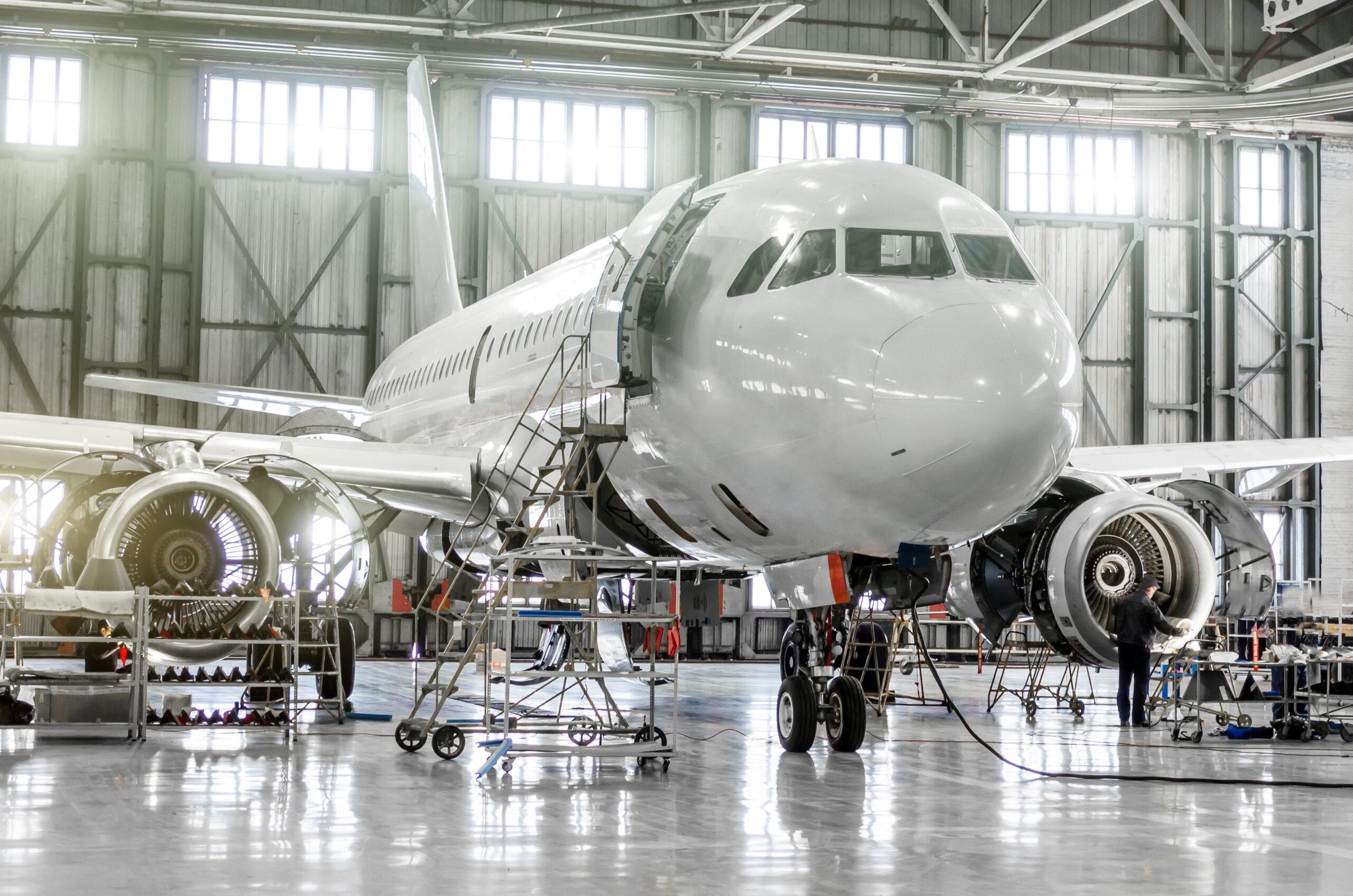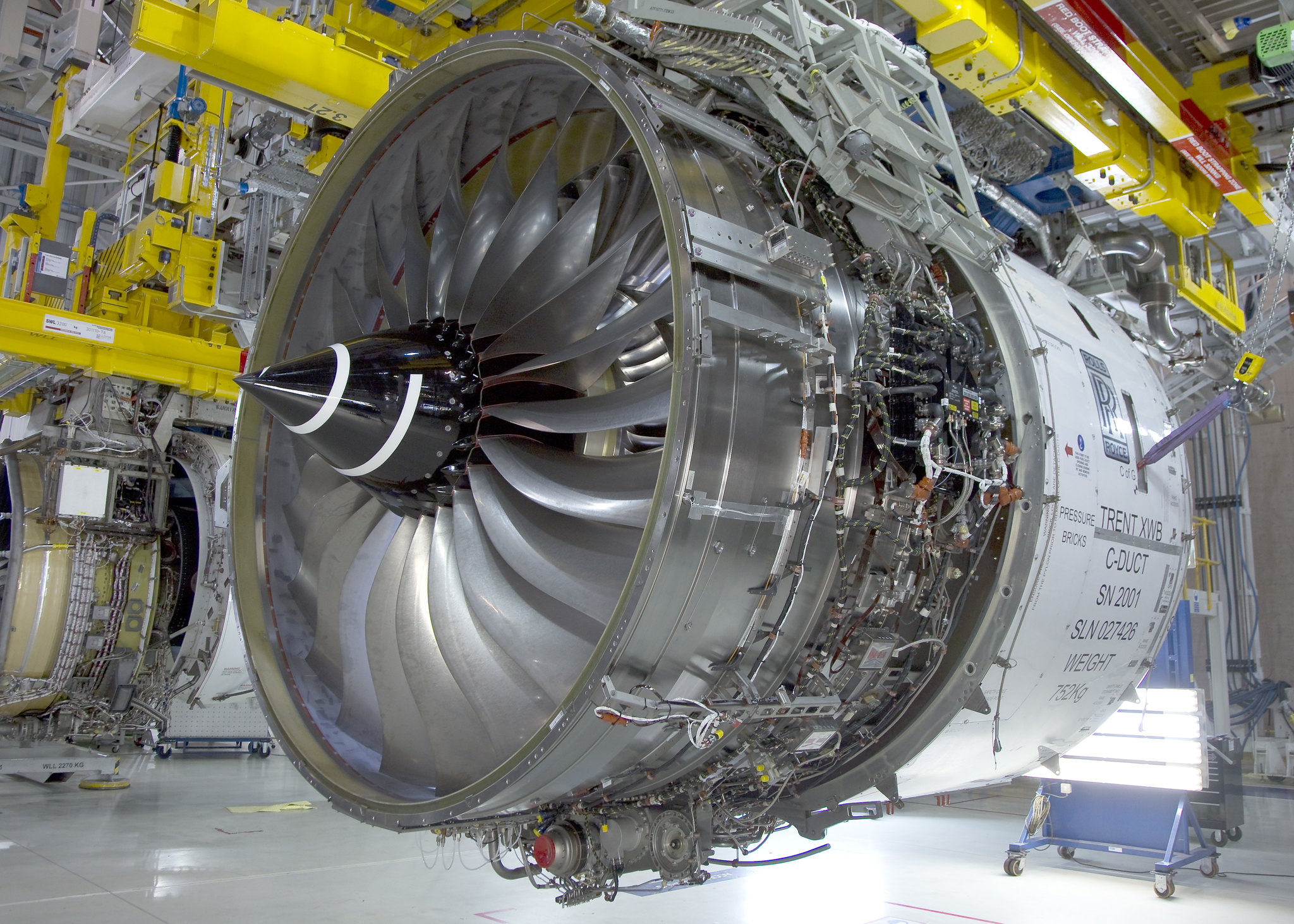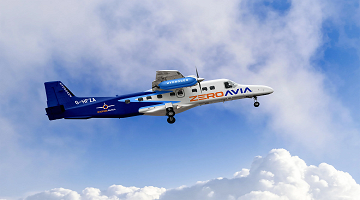
A key pillar of the roadmap to net zero by 2050 is zero emission flight, delivered in part through new and innovative aerospace technologies developed by ADS members. To that end, this week four ADS members won funding from the Department for Transport through their Transport Research and Innovation Grant programme, which aims to provide funding of up to £50,000 for early stage, proof-of-concept transport innovations.
Cranfield University, ZeroAvia, University of Strathclyde and Queen’s University Belfast all won funding through the grant programme. Cranfield University is working on three successful projects, including research into low carbon energy demand scenarios, wireless opportunity charging of electric aircraft and hydrogen safety in aviation, demonstrating the breadth of innovative research Cranfield are undertaking in sustainable aviation.
ZeroAvia’s Liquid Hydrogen Airport Refuelling Ecosystem, Srathclyde’s Evaluation Toolkit for Zero Emission Flight Infrastructure and Belfast’s “UltraCompHy”, an ultra-lightweight pressure vessel for safe hydrogen storage, all also won funding from the DfT to continue the research and innovation in these high potential technologies.
The aerospace industry has committed to achieving net zero by 2050, and getting to that goal will only be achieved by a diverse range of different methods, including sustainable aviation fuels and improvements to current operations, alongside zero emission flight. It is very welcome to see a broad range of innovations from ADS members supported through additional funding from the Government – zero emission flight innovations could prove critical to delivering a cleaner and more sustainable aerospace industry in the UK.

